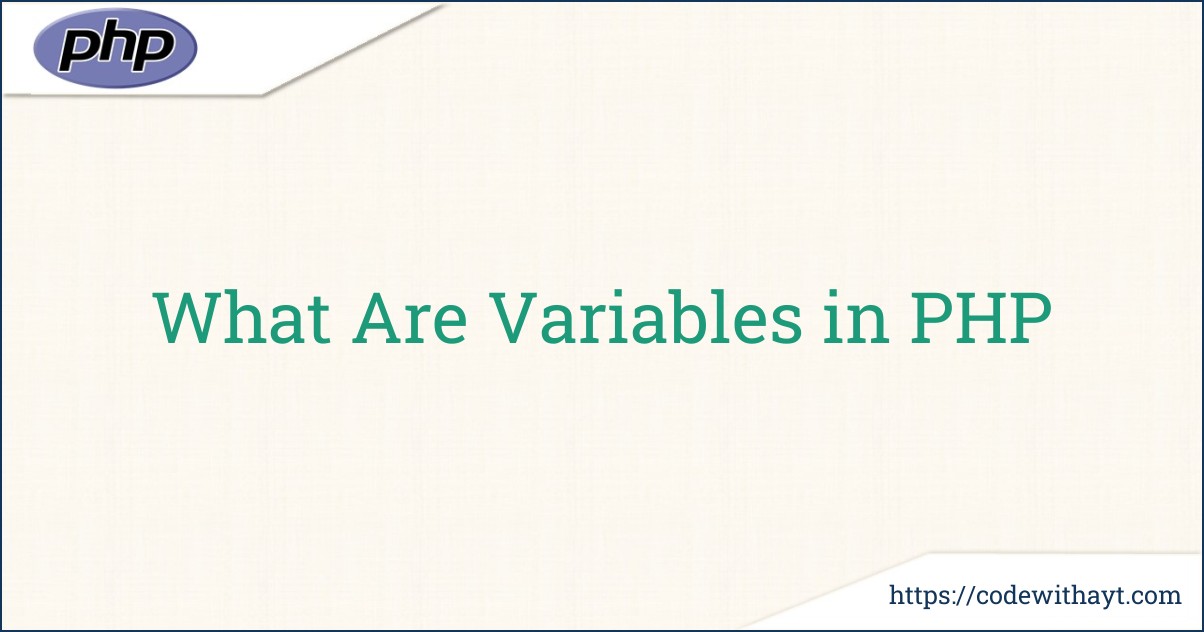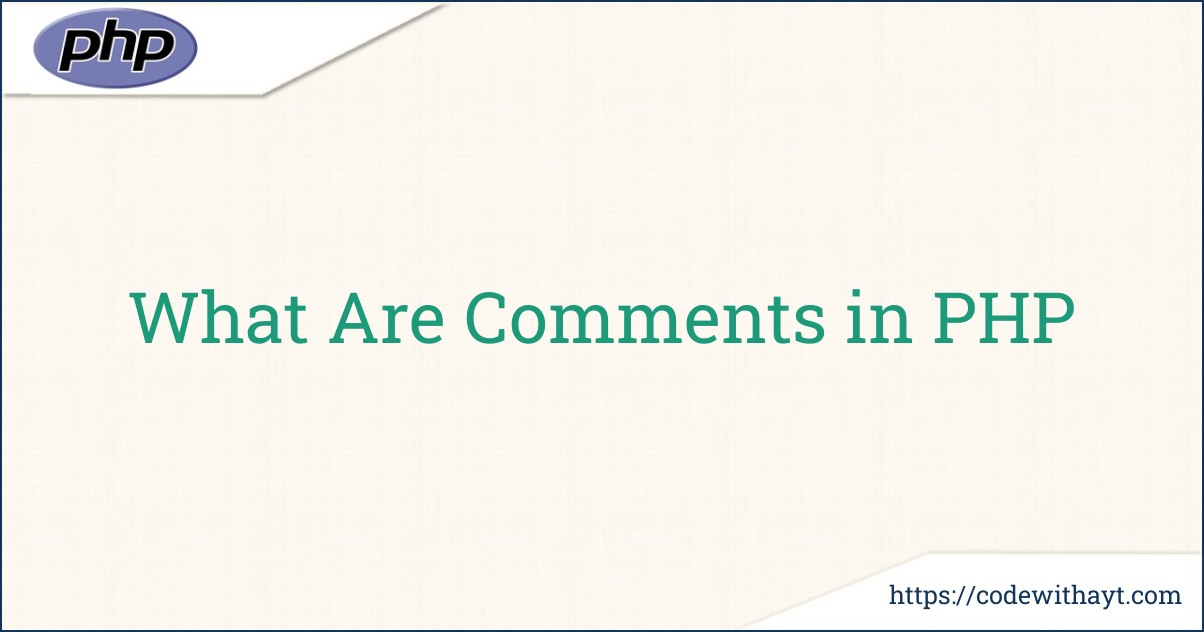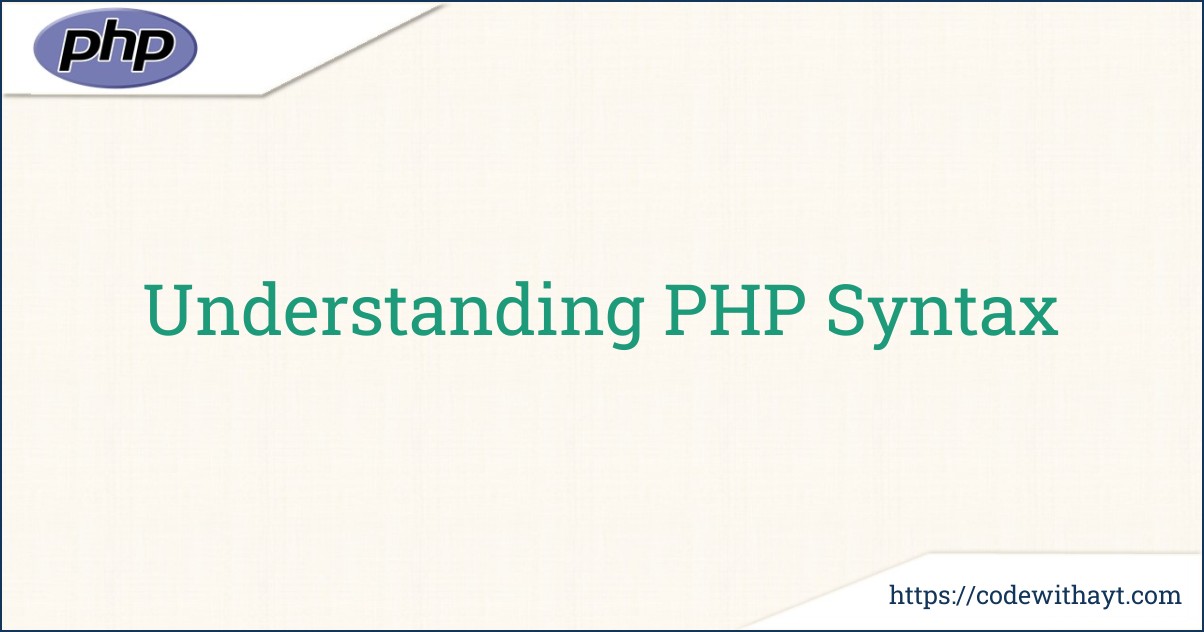Introduction to PHP
PHP (Hypertext Preprocessor) is a powerful server-side scripting language that is widely used for web development. Known for its simplicity and flexibility, PHP powers some of the largest websites on the internet, including Facebook, Wikipedia, and WordPress. In this post, we’ll explore the essential features of PHP and why it's an important language for developers.
1. What is PHP?
PHP is an open-source, general-purpose scripting language designed for web development. It’s embedded in HTML, making it easy to work with databases, handle forms, create dynamic web pages, and manage sessions.
2. Why Learn PHP?
-
Ease of Learning: PHP has a simple and readable syntax, making it beginner-friendly.
-
Versatile: It integrates well with various databases (like MySQL, PostgreSQL) and is supported by all major web servers.
-
Large Community Support: PHP has a large, active community, meaning there are numerous resources, frameworks, and tools available.
3. Key PHP Features
-
Server-Side Scripting: PHP runs on the server, generating HTML that’s sent to the client’s browser.
-
Open-Source: Free to use, PHP is continually updated by developers worldwide.
-
Cross-Platform: It works on various platforms, including Windows, Linux, and macOS.
-
Database Integration: PHP supports a wide range of databases such as MySQL, SQLite, PostgreSQL, and MongoDB.
-
Error Handling: PHP offers multiple ways to handle errors and exceptions, which helps in debugging code efficiently.
4. Most Important Aspects of PHP Development
-
Syntax and Basic Structure: Understanding PHP’s syntax, including variables, functions, and loops, is crucial. The typical PHP tag is
<?php ... ?>. -
Forms and Handling User Input: One of PHP’s primary functions is processing forms and user inputs securely using methods like POST and GET.
-
Working with Databases: Interacting with databases is a significant part of PHP development. Using PHP Data Objects (PDO) ensures secure connections and prepared statements to avoid SQL injection.
-
Error Handling: Learn how to handle errors using try-catch blocks and PHP’s built-in functions such as
error_reporting()andtrigger_error(). -
Security Considerations: Always sanitize user input, protect against cross-site scripting (XSS), and cross-site request forgery (CSRF).
5. Popular PHP Frameworks
-
Laravel: Known for its elegant syntax and powerful features, Laravel simplifies common tasks like routing, sessions, and caching.
-
Symfony: A robust PHP framework that offers reusable PHP components.
-
CodeIgniter: Lightweight and straightforward, perfect for smaller applications.
-
Zend Framework: Ideal for enterprise-level projects, offering advanced security features.
6. PHP and Content Management Systems (CMS)
Many popular CMS platforms are built with PHP, including WordPress, Joomla, and Drupal. Learning PHP can help developers create custom themes, plugins, and optimize website performance.
7. Final Thoughts
PHP remains a crucial skill in the web development world, powering millions of websites globally. Whether you are building a personal blog, an e-commerce platform, or a complex web application, PHP’s flexibility and extensive community support make it a valuable tool for developers.
Ready to learn more? Explore these related blog posts to boost your PHP skills!








